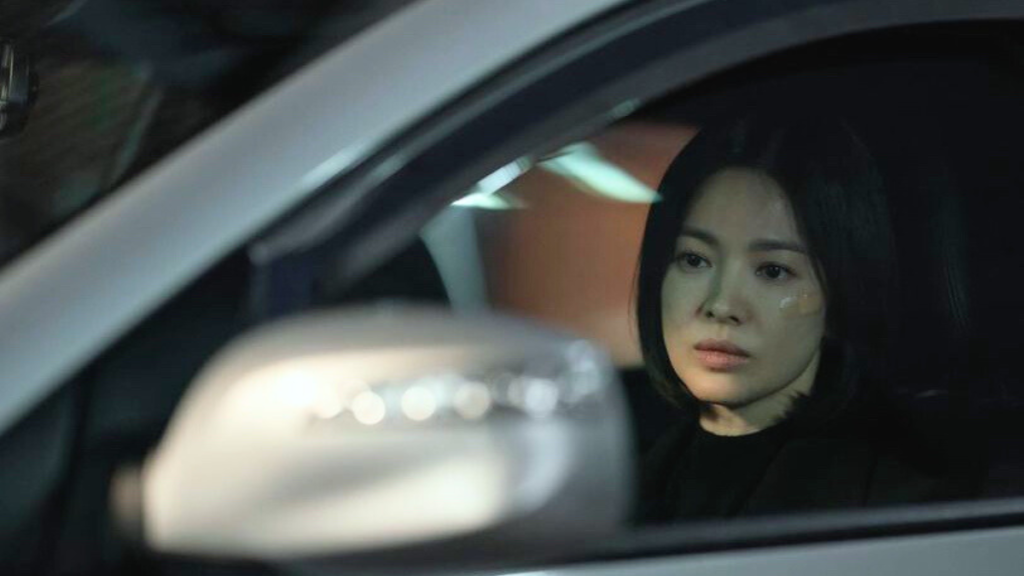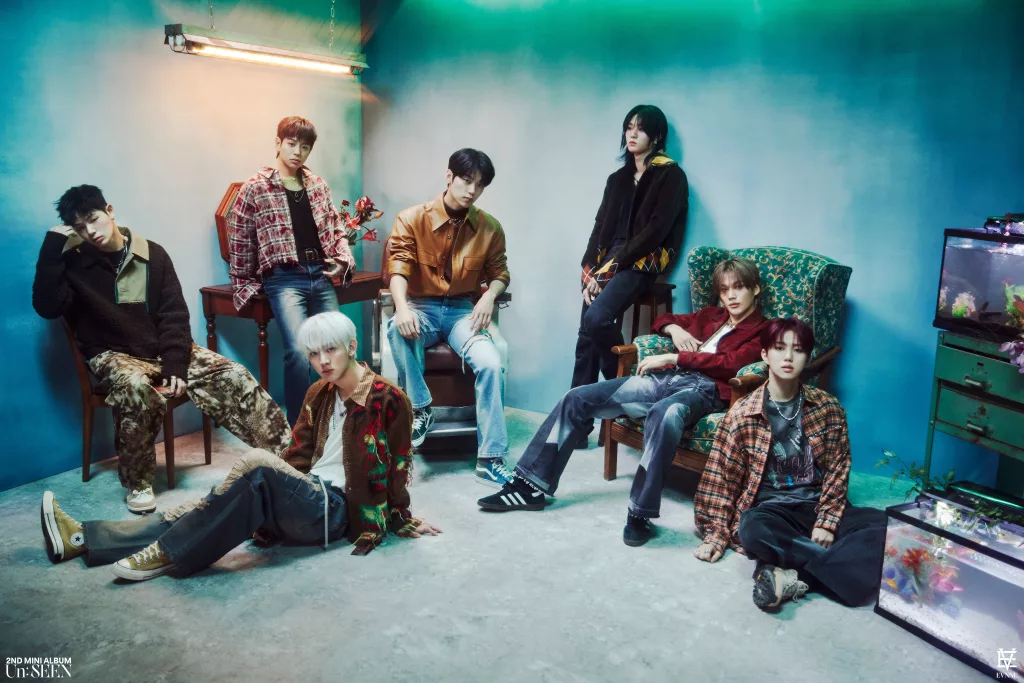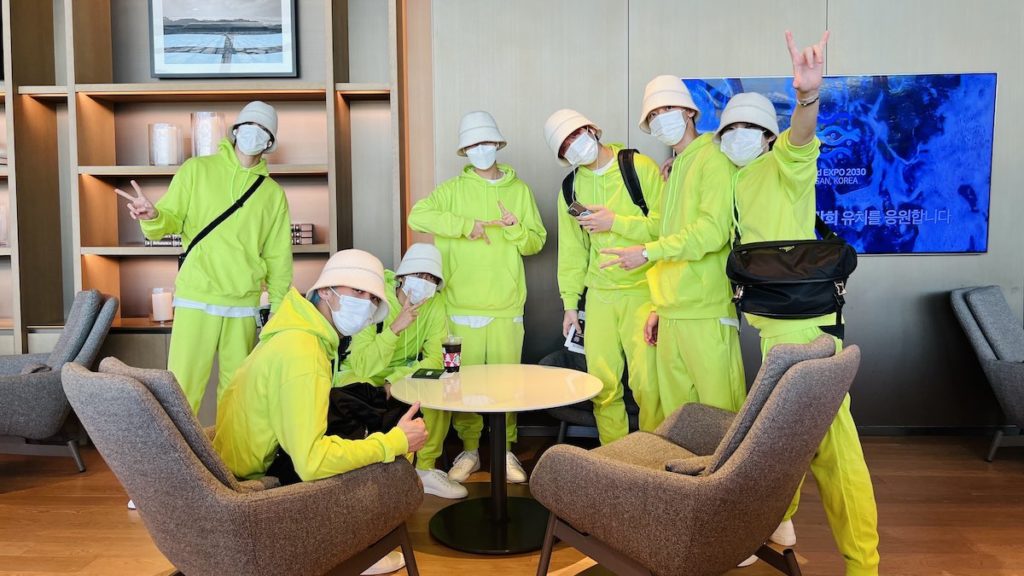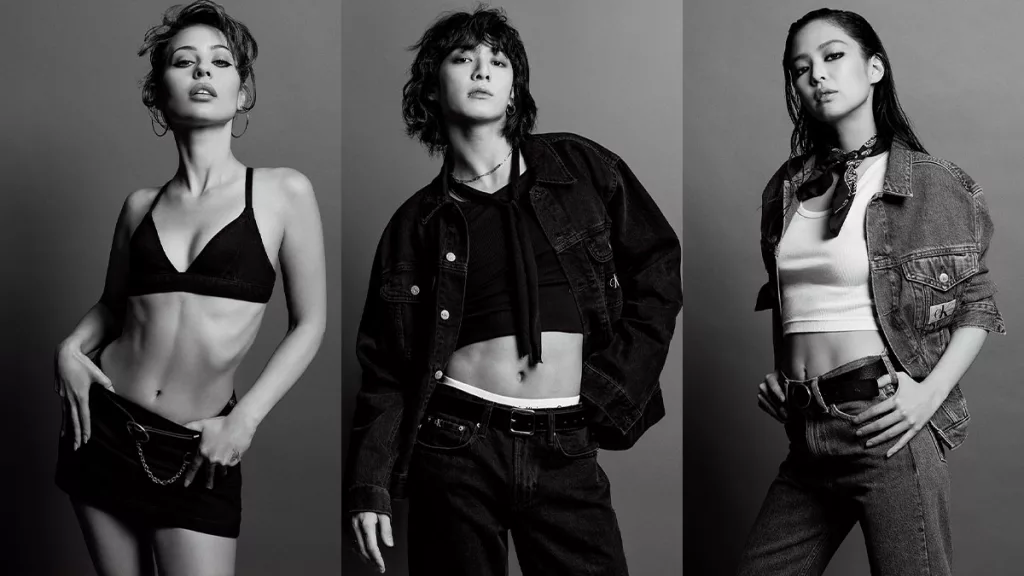Content in this article may cause discomfort. Reader’s discretion is advised.
Superheroes around the world look different, but they all serve the same function, which is to boost civic imagination. Peter Coogan states in his 2006 book, Superhero: The Secret Origin of a Genre, “[A] sloppy definition of the superhero makes it more difficult to examine the way the superhero genre embodies cultural mythology and narratively animates and resolves cultural conflicts and tensions.” NYU Press defines civic imagination as “the capacity to conceptualize alternatives to current cultural, social, political, or economic conditions; it also requires the ability to see oneself as a civic agent capable of making change, as a participant in a larger democratic culture.” The portrayal of superheroes in Western media may be the most widely accepted around the world, but that does not mean unconventional heroes beyond the West shouldn’t be recognized and accepted.
In South Korean society, many citizens prefer the media to lean into realism as opposed to idealism. Between the years of 2018 and 2019, Jean-Paul Baldacchino and Eun-Jee Park conducted a series of interviews “to explore the relationship that informants have with the Korean drama text.” The study was not aimed to represent the entirety of the Korean population, but “it does seek to illustrate the possibility and the range of meanings and interpretations that stem from the text when viewed through the eyes of our participants mediated by our own encounters with Korean society.” Throughout the study, many of the participants reiterated that they prefer dramas that show a realistic perspective of Korean society. One participant, Eun-Jin, mentioned the drama, SKY Castle, and how “it show[s] facts and the not so good parts of society… it is realistic.”
Vengeance is a very popular trope in Korea, also known as han. The concept of han is “best described as “rancor, grief, and resentment only felt by Koreans.” The origin of han can be traced back to the 1920s during the period of Japanese colonization in South Korea. During that period Korean citizens were not able to exercise free speech or freedom of the press. Now, contemporary South Korea can take back control while grieving the past. Signs of han can be found in many types of modern media such as K-dramas and movies. The characters depicted in the media are often met with situations that evoke a negative emotional response. Instead of becoming a villain who only fights for themselves, they become a hero and fight for others.
Remember
Remember, starring Nam Joo-hyuk and Lee Sung-min is a Korean remake of the 2015 Canadian drama thriller of the same name. The original film, directed by Atom Egoyan, follows a Holocaust survivor with dementia who seeks revenge for his family who died in the concentration camps. The remake, revised for local-cultural significance, follows Pil-ju (Lee Sung-min), an elderly man with Alzheimer’s and a brain tumor who is seeking revenge for the family he lost during the Japanese colonial period.
In 1910, Japan took control of Korea and committed a cultural genocide for over 30 years.The citizens of Korea were forbidden from speaking Korean in public places such as schools. Their land was taken over and transformed by Japanese families who settled there and nearly 725,000 native Koreans were forced to work in Japan. Due to an official law, known as Sōshi-kaimei, Korean citizens were forced or “graciously allowed” to change to Japanese surnames. Citizens did not sit idly while their land and culture was getting taken from them. March 1, 1919 marked the start of a series of protests for Korean national independence that lasted a year. About 2,000,000 Koreans participated in the protest and an estimated 7,000 of them were killed, 16,000 were wounded, 46,000 arrested. Also dubbed the March First Movement, the date is a national holiday in South Korea used to pay respect to protesters and celebrate Korean independence.
Lee Sung-min’s portrayal of Han Pil-ju expresses the deep wound that many citizens carry from South Korea’s violent past. Though years have passed since the Japanese colonial period, and he is now suffering from Alzheimer’s, Han strongly recalls the atrocities committed against his family. As a result, he aims to avenge them.
Vigilante
Vigilante, based on a Naver webtoon of the same name by Kim Gyu-sam, also stars Nam Joo-hyuk, as Kim Ji-yong. Vigilante marked Joo-Hyuk’s last project before he enlisted on March 20, 2023.
In the series, Kim Ji-yong is a police academy student fighting against injustice by acting as a vigilante. His motivation for vigilantism came when he witnessed his mother’s killer receive a three and a half year sentence because he claimed to be drunk. In South Korea, there is a major distrust with the decisions that come from the court. In a 2020 survey from Hankook Research, 87 percent of Koreans believed that sentencing was too lenient and 90 percent were in favor of stronger sentences.
In Korea, the types of punishment include the death penalty, imprisonment with or without labor, fines and detention. Serious crimes such as assault, rape or murder can result in imprisonment with a maximum of 30-50 years. Oftentimes, the sentences will be under 10 years due mitigating factors, such as mental illness, being intoxicated, and remorse for the crime. Hence, the man who killed Kim’s mother was able to get such a favorable sentence.
Vigilante features stories based on real-life criminals who have received light sentences for brutal crimes. In early episodes, there is a case that draws similarity to a high-profile, sex-crime case. In 2008, 56-year-old Cho Doo-soon kidnapped an 8-year-old girl and brutally assaulted her resulting in severe injuries to the child’s internal organs. Cho initially received a life sentence, but it was reduced to 12 years since it was discovered that he was under the influence of alcohol. In response to his short sentence, there was a law proposed that would restrict sex criminals’ outdoor activities to 200 meters of their residency.
Though Kim is a normal police academy student, he uses his natural strength and skills to punish criminals. Similar to the film Spiderman the public heavily cheers on the vigilante and supports his actions. There are also forces that try to stop his actions. For instance, Jo Heon (Yoo Ji-tae), a police officer at the Seoul Metropolitan Agency. Jo, similar to J. Jonah Jameson from the Spiderman franchise, thinks that the hero is a “menace” and both men are working to expose the protagonist’s identity and “restore order.” Regardless of repeated adversity, Kim is able to help countless individuals reach justice. His boldness also helps the public imagine a world where criminals receive consequences for their actions.
Taxi Driver
The series, Taxi Driver, starring actors Lee Je-hoon, Pyo Ye-jin, Kim Eui-sung, Jang hyuk-jin, and Bae Yoo-ram, first premiered on April 9, 2021, with a second season premiering on February 17, 2023. A third season of the show was confirmed on April 16, 2023.
From the outside, looking in, Rainbow Taxi Company seems like any other car service company, but they offer something special after hours. The five-person team, backed by Jang Sung-chul (Kim Eui-sung), offers a “revenge call” service to help victims of crime. The company works as victims’ last line of help when they have exhausted all other options and are contemplating suicide.
Much like Vigilante, Taxi Driver also brings to viewers several real-life cases, such as the WeDisk scandal. In 2018, Yang Jin-ho, the CEO of WeDisk — cloud storage service company — allegedly committed workplace abuse after a video from News Tapa was released. The video showed Yang brutally beating an employee in front of other staff. Later, it was revealed that Yang was also circulating illicit videos on the WeDisk servers and was promptly taken into police custody. Workplace violence also referred to as gapjil, is one of the more pressing problems in South Korea. A group known as Gapjil 119 received 1,121 verified email reports of workplace violence between January and November in 2023.
In the series, the members of the Rainbow Taxi Company show empathy for people who have been through tough situations. With business cards plastered all around Korea, they try to give victims of injustice a new hope. The members take the time to listen to victims’ stories and give them the chance to rewrite their endings. Much like how a hero can reach out their hand and say “Trust me,” the victim has no obligation to receive Rainbow Taxi Company’s help. Ultimately, the series allows viewers to imagine a world where someone is willing to listen and help them gain justice.
The Glory
Two-part series, The Glory, provides a sense of hope for victims of bullying and opens up national discussion on the issue. One in three victims of bullying in South Korea are not able to get the help they need. In another study, it was revealed that people who dealt with school violence were more likely to have suicidal thoughts or attempt suicide. Protagonist Moon Dong-eun suffered through relentless bullying that permanently scarred her, physically and mentally. She defies the odds and enacts revenge on those who have bullied her.
The writer of the series, Kim Eun-sook, was inspired by a question her daughter asked regarding the issue of bullying. Would it be worse for her to be a victim of abuse or be the abuser? During a press conference for the series Kim revealed that she would prefer her daughter be a victim since she has the resources needed to get revenge. She acknowledged that many victims of bullying do not have the same luxury and she stated the show is a way for her to cheer on those battling through a harsh reality.
Possessing traits like courage and resilience, Moon builds a plan that will take her bullies down. It is impressive that Moon was able to gain revenge without getting her hands dirty. The domino effect played out right in front of her eyes. This series encourages victims of past violence to keep fighting for justice instead of falling prey to their past traumas.
Weak Hero Class 1
Thriller-drama, Weak Hero Class 1, starring young talents Park Ji-hoon, Choi Hyun-wook, and Hong Kyung, premiered in November 2022. Opposite Moon Dong-eun’s actions (The Glory), Yoon Si-eun (Park Ji-hoon) tackles bullying in a more direct manner. Yeon Si-eun appears to be weak and small in build but uses his mental strength to fight off potential bullies. For instance, he outwits bullies by using Pavolonian conditioning to make them feel uneasy. Despite all that he deals with, Yoon avoids all the common outcomes of a typical victim. Victims of school bullying will often suffer from loneliness, depression, and low self-esteem. In the series, Yoon gains an unconventional group of friends who help him battle against bullies.
Weak Hero Class 1, creates a world where a victim doesn’t fall prey to violence and breaks the prototype of the victim. The second season of the series is set to air on Netflix, with new additions to the cast: Ryeoun, Choi Min-young, Yoo Su-bin, Lee Jun-young, Bae Na-ra, and Lee Jae-min.
The dramas and movies presented do not feature characters that directly align with the conventional idea of a superhero. These South Korean media feature characters that defy the odds after suffering through events that imitate real life. Instead of gaining superpowers, they gain justice for either themselves or others who can’t gain it for themselves.
Want to read up on another superhero? Check out this breakdown of Shang-Chi & the Legend of the Ten Rings here!




